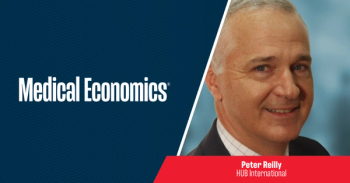
Healthcare executives doubt sustainability of current payment models
Healthcare and pharmaceutical executives aren't certain that current payment models are sustainable--even as soon as 5 years into the future, according to a new survey from KPMG.
Healthcare and pharmaceutical executives aren’t certain that current payment models are sustainable-even as soon as 5 years into the future, according to a
In a poll of more than 200 senior executives at leading healthcare systems, health plans, and pharmaceutical organizations, at least 40% of respondents reported that their current business models were “somewhat” sustainable for the next 5 years, whereas 20% to 30% of respondents in each group believed they might not even last that long.
“The findings really underscore the key question of whether or not any organization can be both committed to non-volume-based care economics while at the same time working to sustain a volume-driven reimbursement status quo,” says Ed Giniat, national sector leader for KPMG Healthcare and Pharmaceuticals.
More than half of providers surveyed, and almost half of all health plan executives, expect big changes to their business models over the next 5 years, with most advocating a progression to some type of value-based payment.
“Organizations are clearly considering the effectiveness of their fee-for-service business models, but migration to more value-based models will take some time,” Giniat says.
Additionally, payers were optimistic about the idea of partnering with providers and suppliers, with more than half of respondents offering it as a possibility. They also reported an expectation that healthcare information technology, evidence-based medicine, disease management, and pay-for-performance incentives will be the most effective tools for curbing costs.
Newsletter
Stay informed and empowered with Medical Economics enewsletter, delivering expert insights, financial strategies, practice management tips and technology trends — tailored for today’s physicians.






